Nuclear Explosion Can Heal the Bleeding Wound in the Gulf of Mexico
http://english.pravda.ru/world/americas/113370-oil_leak-0, 13.05.2010
The catastrophe in the Gulf of Mexico will obviously take a special place in the history of the human civilization. Forward-looking people say that the disaster is a warning of the wrong way of the future development. Others say that it was just an accident which took place through the fault of specialists, who did not provide required conditions for safe exploitation of the oil well.
No matter how we may evaluate the catastrophe, it gives us a reason to think whether humans live and act reasonably and how we use our spiritual and physical gifts. Unfortunately, the conclusions are sad since they show our dullness and thoughtlessness.
It is clear that the measures, which are now being taken to lock the broken pipe, will not bring any result in the nearest future. The pressure of crude and gas is too high, it goes about hundreds of atmospheres. They now hope to contain the leak with the help of steel and concrete domes, but the hopes for that are tiny. It will be extremely difficult to mount the dome: the depth of the gulf is about 1.5 kilometers, and the “orifice” is small. It is impossible to find out what it looks like after the explosion. Crude is supposed to be pumped from the dome to the tanker on the surface of the gulf along a special pipe.
his is a very complicated an unreliable system. As far as I know there was no such an occurrence in the world practice of oil extraction. Therefore, anything can happen, and it is impossible to foresee everything. The oil leak will only strengthen since it is only going to accumulate underneath the dome and geological horizons.
The dome installed above the well will only give a short break in the liquidation of the disastrous consequences. What can be done next ? There are practically no variants because no one has ever done that before in such conditions.
It was only a matter of hit or miss which earlier resulted in the nuclear disaster in Chernobyl, explosions in coal mines all over the world and also in the catastrophes which occur on a regular basis, but are very hard to liquidate. One may say that the American hit or miss has led to one of the most technologically complicated and horrific disasters.
It is practically impossible to block the leaking well. There are neither specific technical possibilities for that, nor any methods to liquidate such oil-well flowing.
The USSR had a sad experience in containing oil-well flowing in Central Asia. Two breakdowns occurred almost simultaneously. One of them took place in Urtabulak, where a gas torch was burning. The other one took place in Pamuk – a breakdown at an oil well. The two giant flames were extinguished with the help of nuclear explosions. They drilled two wells to approach the emergency wells under the ground and lowered nuclear devices into the wells. The troubled wells were blocked as a result of the explosions.
The work was extremely hard, but it was worth it. I took direct participation in the experiment and was personally present there during the explosions. The experiment was a success. The exploitation of the Pamuk oil well was launched again and nothing could remind of the disaster which had been liquidated with the help of nuclear explosions.
Afterwards, Soviet specialists conducted similar experiments in Turkmenia and then proceeded to worked-out deposits. The results were encouraging. Soviet specialists hoped that they could promote their technology to help other countries, the ones that signed the non-proliferation treaty but could use nuclear explosions in industrial purposes.
The US declined the program over the threat of radioactivity. As a result, the Americans offered to ban the use of nuclear explosions in peaceful purposes.
It now seems that a nuclear explosion could be the only way to contain the oil leak in the Gulf of Mexico. It is notruled out that British and American specialists will find a new solution to liquidate such complicated disasters that, as it turns out, may occur to absolutely reliable platforms.
Extracting oil in oceans and seas has its pluses and minuses. It brings hydrocarbons for the chemical industry and fuel for cars – the cars that continue to conquer the human civilization. It seems that the number of cars in the world will soon be comparable to the number of people living on the planet. It is about time one should realize that cars no longer exist for people – people exist for cars. People fight for parking lots, territory for garages and get traffic jams in return. As a result, we have to pay enormous price for the comfort of movement – we sacrifice our ecology, health and the future of our children.
Oil wells drilled in oceans and seas slowly kill the planet. Thousands of kilometers of oil wells are like bleeding wounds on the surface of the planet. They result in numerous natural disasters – from earthquakes to volcano eruptions.
Oil leaks occur all the time. It will be enough to fly above any pipeline to see that. It is worthy of note that the West helps Russia build its own sea-based oil platforms. We already have several platforms near Sakhalin and will soon have more in the Caspian Sea. What if a similar disaster occurs in Russia too?
Vladimir Gubarev
Pravda.Ru
Barack Obama sends nuclear experts to tackle BP's Gulf of Mexico oil leak
The US has sent a team of nuclear physicists to help BP plug the "catastrophic" flow of oil into the Gulf of Mexico from its leaking Deepwater Horizon well, as the Obama administration becomes frustrated with the oil giant's inability to control the situation. Published: 7:57PM BST 14 May 2010
A watery expanse of 600,000 square miles, the Gulf features marshes and coral reefs, commercial and recreational fisheries and hundreds of wildlife species, including imperiled birds, whales and sea turtles. Many are in harm's way, as the oil unleashed when an offshore rig exploded two weeks ago threatens their food supply and the marshlands where they spawn or build nests.
While some conservative pundits, such as Rush Limbaugh, have called this "Obama's Katrina," that's not how the public feels, the poll found. BP PLC, which owned the well that has gushed more than 4 million gallons since an Apr. 20 oil rig explosion, is getting more of the public's ire.
Wednesday, May 19, 2010
Subscribe to:
Post Comments (Atom)



















































































































































































































































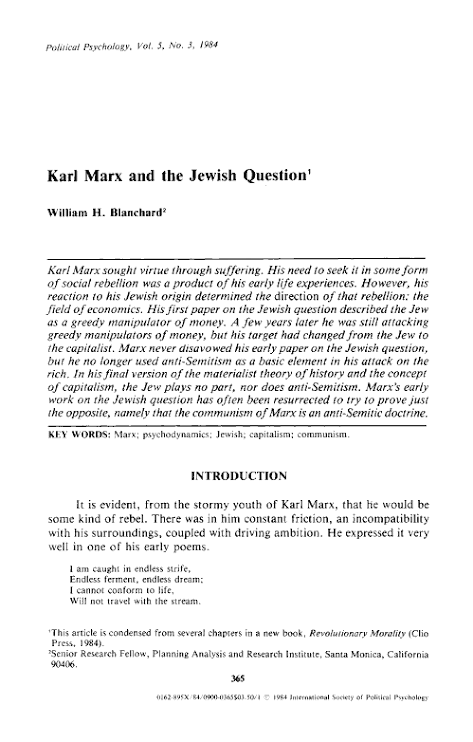




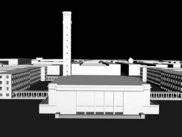






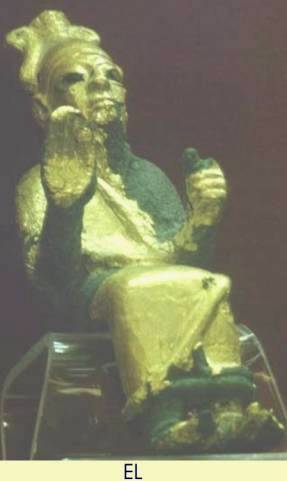




























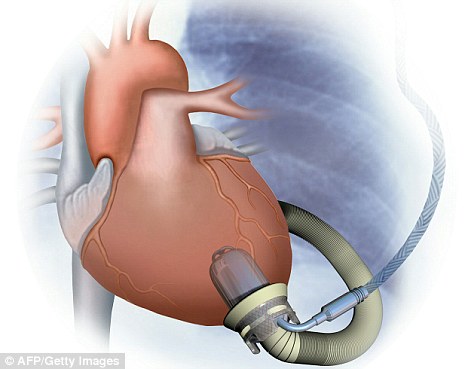
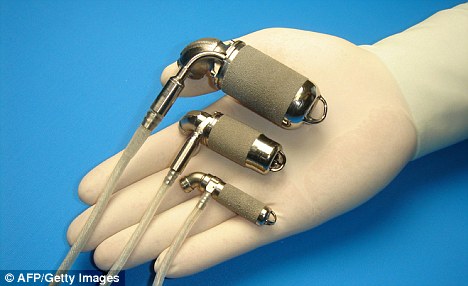
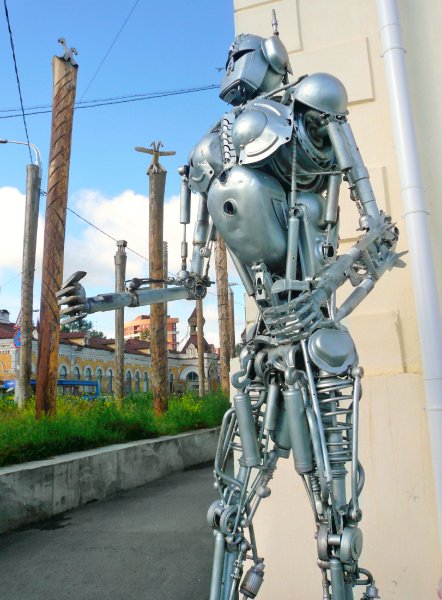


+Anniversay+Dinner.jpg)











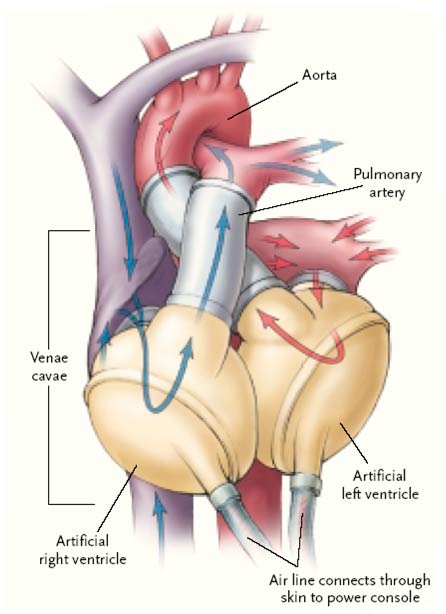

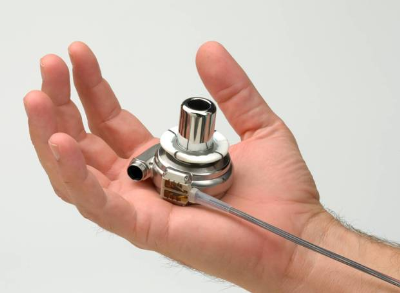
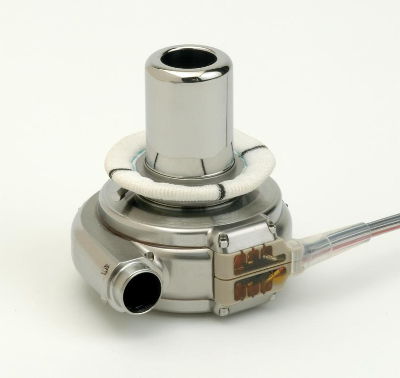









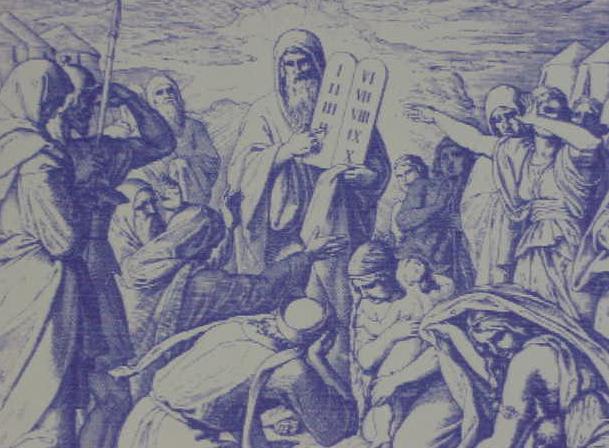
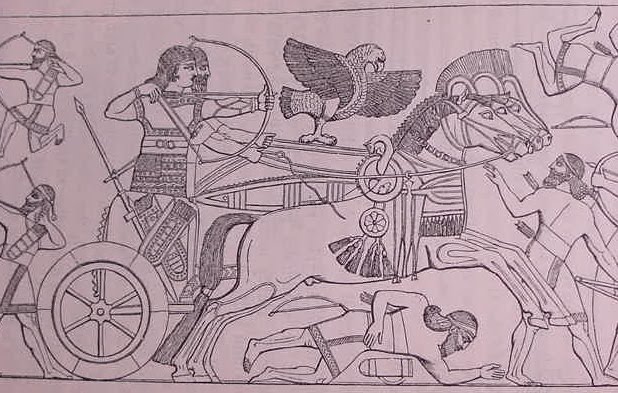















































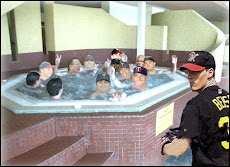






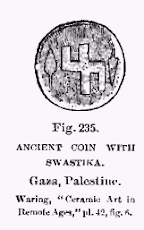















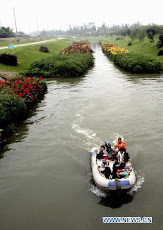
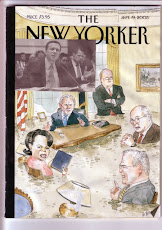





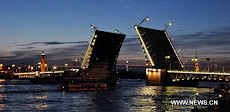
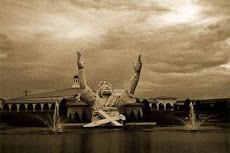














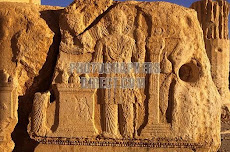

























No comments:
Post a Comment